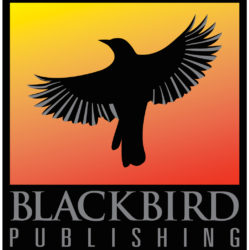Long paragraphs with little white space cause readers to slow down and concentrate. Thus, they're great for complicated prose when you want the reader to linger.
Short paragraphs with a lot of white space are quick and easy to read. Our attention span has decreased in modern culture; more white space is compatible with this. White space is great for dramatic, exciting sections. To some extent, this white space is a manipulation of the reader.
I think a lot of white space works particularly well for the very beginning and very end of stories or chapters. In the beginning, it entices the reader into the story in an easy way. In the end, it makes the reader think something dramatic is happening.
And psychologically, we tend to recall beginnings and endings of things. Don't you want to be remembered? A long-remembered story is considered a better story.
So, consider more paragraph breaks in your stories!




